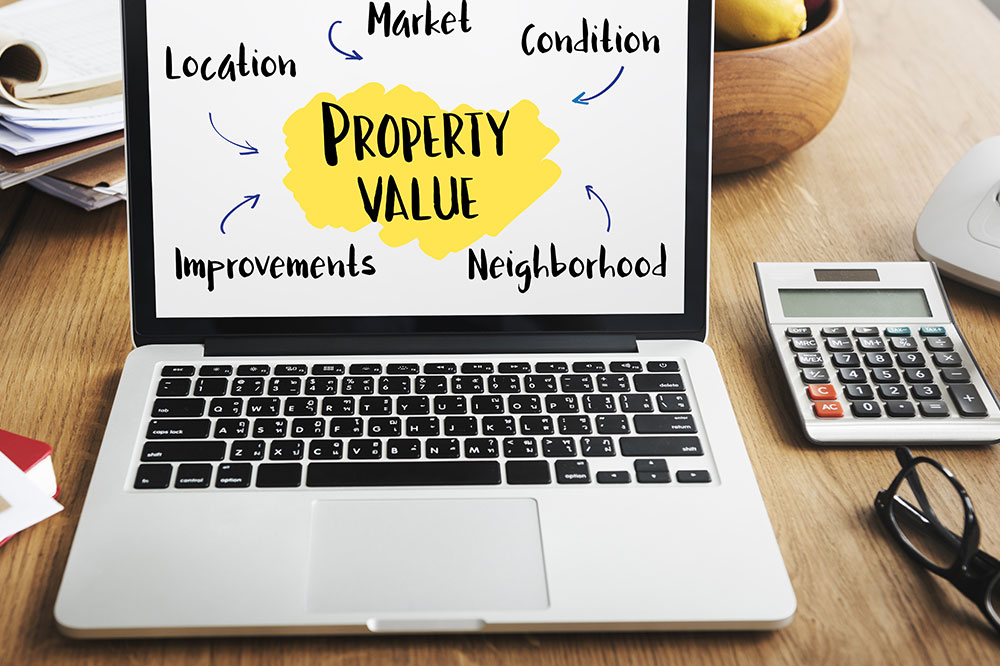Book Value of a Home – Purpose, Calculation, and Tips
The home book value is the value of a home after accounting for the depreciation or improvements made to the property. A common term in real estate, book value plays a key role in the calculation of taxes and in determining the property’s resale value. This figure is established based on the property’s historical worth, which will vary greatly from its actual market value. Here is all you need to know about the concept:
What is the book value of a home?

The figure is defined as the value of a home after deducting the depreciation accumulated from the property’s original cost. Say, you have just bought a home or any other asset. In this case, the book value would be the price you paid. Simply put, it is the official value of a home or property. This is based on the exact cost of the property, along with any improvements that have been made while deducting any depreciation. So, the home’s resale value is based on the current real estate trends in your locality.
Purpose
If you are looking for an outside financing option, you should calculate the book value of the property. The book value lets buyers know the exact price they can expect before they begin considering investment opportunities. Most importantly, you may want to know the value of the home you intend to sell. You must know the original cost and consider the book value to gauge the fair market value. Another purpose of finding the home book value is to compare it to the current market value to understand whether your home is over or underpriced in the real estate market.
Calculation
For instance, you bought a property 20 years ago for $60,000. You must repair the entire home, including the interiors, to make it suitable for living by spending $35,000. Say, over time, the property no longer suits your current lifestyle, and you have decided to sell it. When discussing the price of the home with a realtor, you calculate the original cost and the cost you have spent on improvements which will give you the end amount of $95,000. Now, to calculate the book value, you have to subtract the accumulated depreciation, which includes the average annual depreciation multiplied by the age of the house in years. The formula here would be:
Book value of a home = Original price − accumulated depreciation (average annual depreciation multiplied by the age of the home)
Tips for calculation
Recording the book value of your assets in financial statements is also important. For instance, you must mark the original value in the accounting books when purchasing a home. Create an annual journal entry to fill in the depreciation expenses. If the book value is less than the current market value, it is known as asset impairment. You can seek expert assistance in determining the actual book value, whether it is a mobile home or a regular property.
Hire a professional: Real estate firms can use the data you provide to calculate the book value of your property. If you are selling a mobile home along with the accompanying land, you need to account for the land value as well. Here, this is the process the expert will follow:
- The professional will look into the NADA manufactured housing appraisal guide, also known as the blue book, to determine the type of your home.
- Then they will submit the online request to get the value report at the NADA website by providing the necessary information, including the manufacturing year, size, location, condition, and other home features such as hardwood floors, type of countertops, and garages.
Do your own research: Apart from hiring a professional home value estimator, you can also do your research by following the below steps:
- Research and compare the recent sale prices of homes in the neighborhood.
- The assets and the exterior of the home might affect the actual value of the property. The more repairs the asset needs, the less value the home holds. So, check the stability of the foundation, roof, walls, floors, plumbing, and electricity.
- Check for features that add value to your home, including proximity to essential services like hospitals, schools, and transportation.
- Get a tax statement to check the appreciation of the asset.
Limitation
A major limitation here is that relying on book value to determine the exact price might not always be beneficial. This is because a lot of factors, like development in the neighborhood, may not be accounted for in the formula. So here, the market price might be much higher than the book value, leading to a lower quoted price.
Determining whether the asset you plan to buy or sell is worth the value requires thorough consideration. Often multiple approaches are implemented for calculating home values, but you can always find experts near to help you. In a nutshell, the book value is established based on the property’s historical worth, which will vary greatly from its actual market value. So, seek expert assistance to understand the value of your property and make the right financial decisions.